1920’s New York Just Looked Epic! (10 Pics)
There were almost 6 million people living in New York City in the 1920s. The period was one of great change for the city, and one which saw it become a centre of construction, consumerism and culture. The ‘roaring twenties’ have become synonymous with glamour and excess — so how was this reflected in the Big Apple?
- List View
- Player View
- Grid View
Advertisement
-
1.
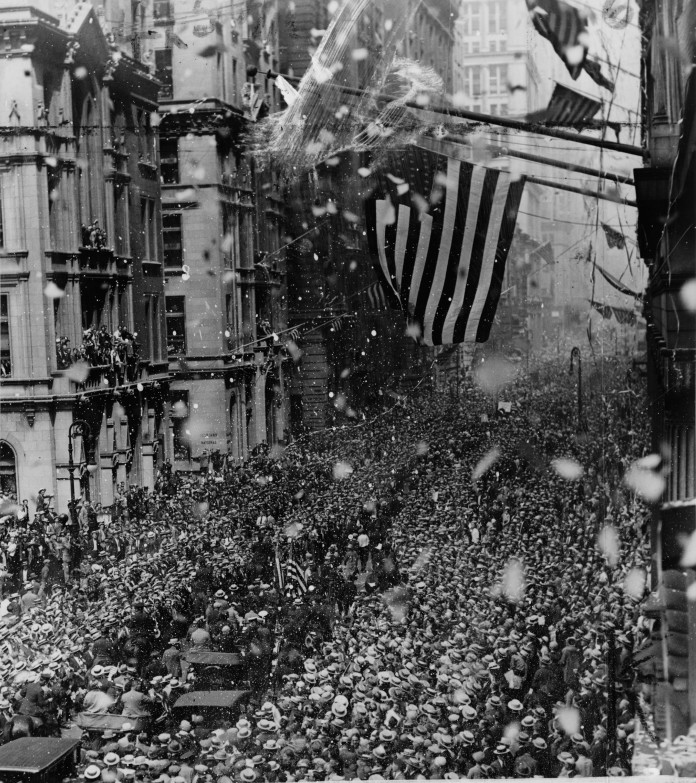
-
2.
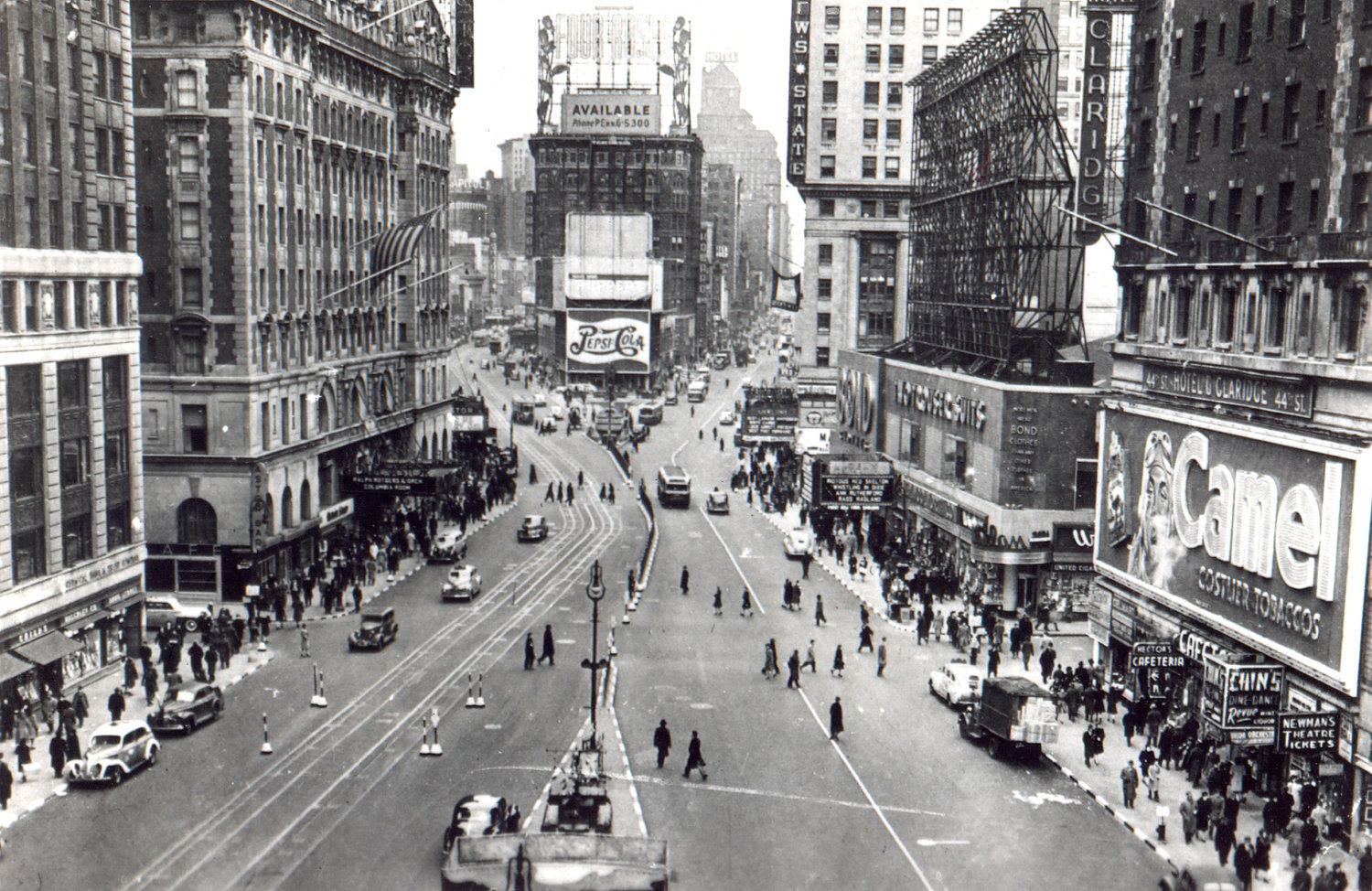
-
3.
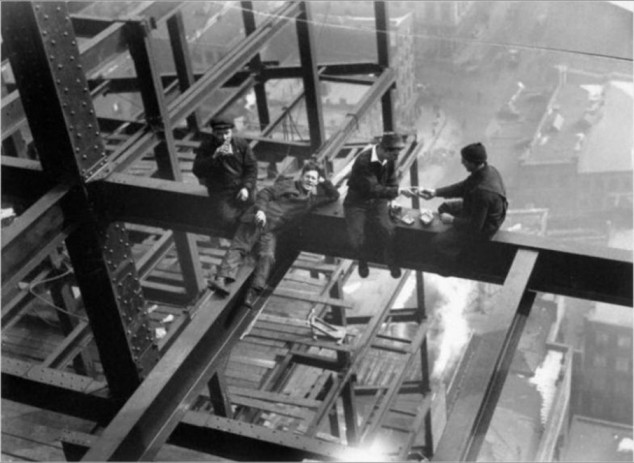 Construction After the end of the First World War, a boom in real estate led to a sharp increase in the number of skyscrapers being built. This was particularly true in New York, where one quarter of the Financial District was rebuilt between 1928 and 1931. Construction workers braved huge heights and risked their lives in the process; it is said that one person died for every $1 million spent.
Construction After the end of the First World War, a boom in real estate led to a sharp increase in the number of skyscrapers being built. This was particularly true in New York, where one quarter of the Financial District was rebuilt between 1928 and 1931. Construction workers braved huge heights and risked their lives in the process; it is said that one person died for every $1 million spent. -
4.
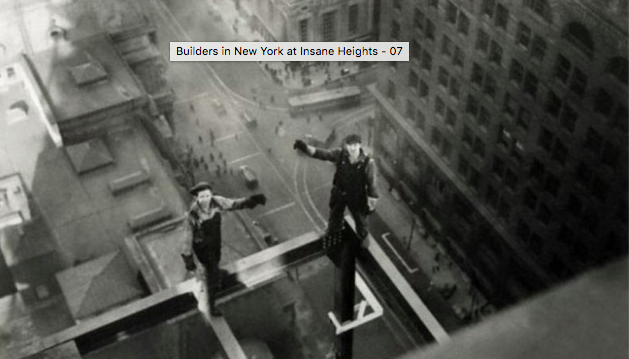
-
5.
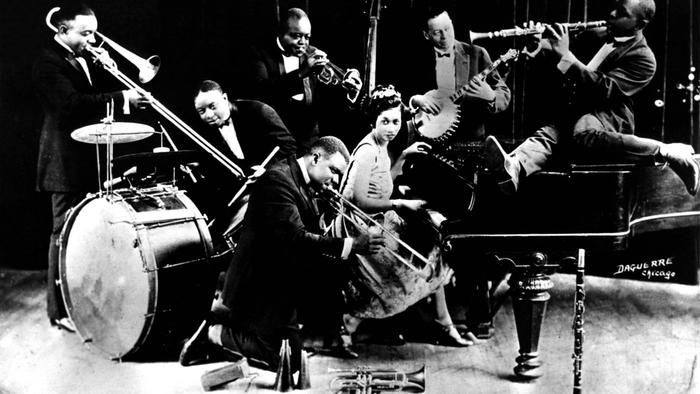 Harlem Renaissance During the 1920s, the ‘Great Migration’ saw around 200,000 black African Americans travel from southern states to New York, eventually making Harlem their home. This resulted in the area becoming a centre for jazz and blues music, and was something of a safe haven for aspiring musicians such as Louis Armstrong and Bessie Smith. Though many older people objected to jazz, believing it crude and vulgar, for lots of young people it marked a new kind of freedom of expression.
Harlem Renaissance During the 1920s, the ‘Great Migration’ saw around 200,000 black African Americans travel from southern states to New York, eventually making Harlem their home. This resulted in the area becoming a centre for jazz and blues music, and was something of a safe haven for aspiring musicians such as Louis Armstrong and Bessie Smith. Though many older people objected to jazz, believing it crude and vulgar, for lots of young people it marked a new kind of freedom of expression. -
6.
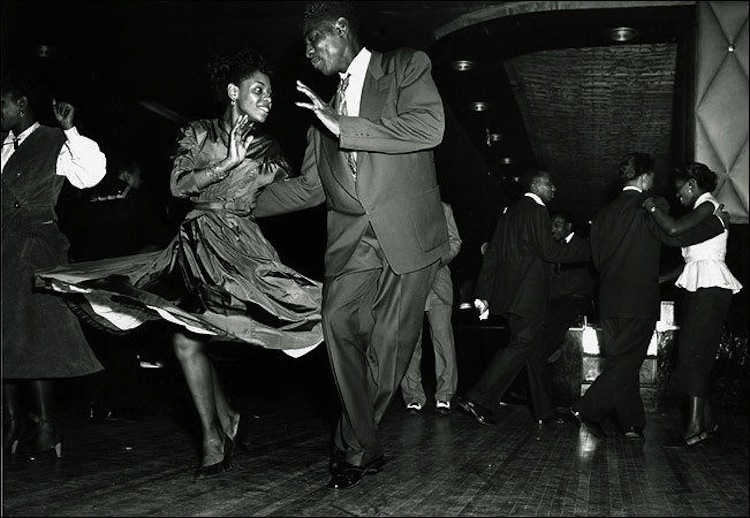
-
7.
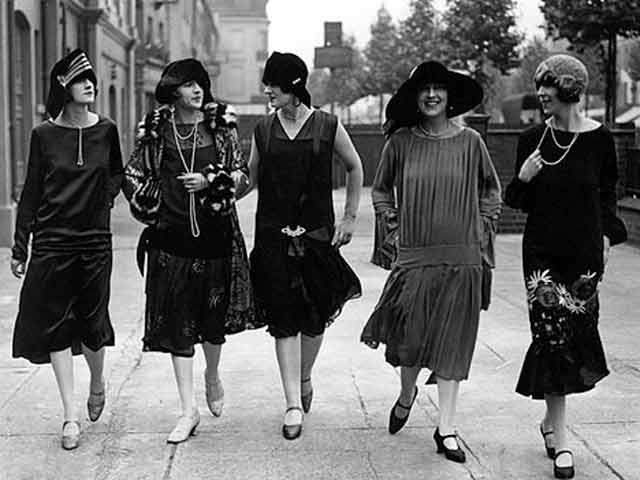 Women Flapper girls are probably one of the things most people think of first when it comes to the 1920s, and New York City definitely wasn’t short of them! These young women wore their hair in short bobs, adorned short dresses and skirts, but most scandalously of all, drank, smoke and cursed like men. Women were also more sexually liberated during this period, and with birth control methods such as the diaphragm more readily available they had more choice over the size of their families.
Women Flapper girls are probably one of the things most people think of first when it comes to the 1920s, and New York City definitely wasn’t short of them! These young women wore their hair in short bobs, adorned short dresses and skirts, but most scandalously of all, drank, smoke and cursed like men. Women were also more sexually liberated during this period, and with birth control methods such as the diaphragm more readily available they had more choice over the size of their families. -
8.
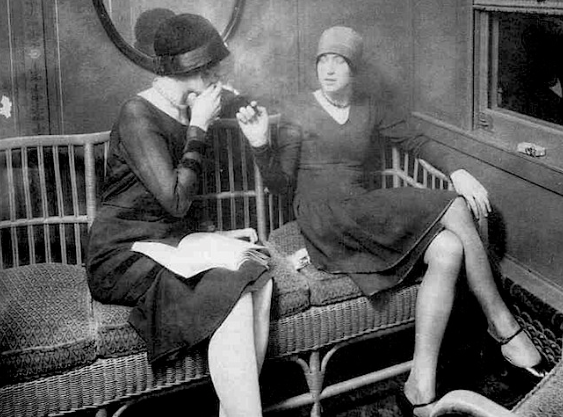
-
9.
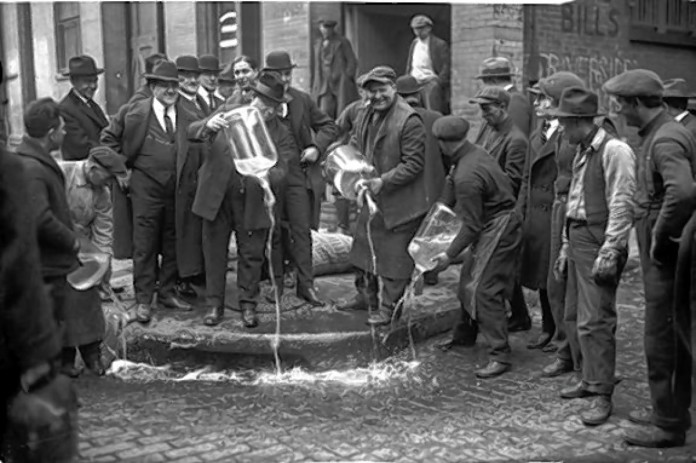 Prohibition One thing that wasn’t so great about the ’20s was the introduction of the ban on alcohol. In January of 1920 every bar in the US was closed down, and selling liquor of any kind became a punishable offence. However, New York City was far from ‘dry’ during the period; in fact it became a hotbed of speakeasies; there were around 30,000 in the city, and an estimated 50,000 locals were making money by illegally making wine. One undesirable effect prohibition had on the city was the increase in crime committed by dangerous mobsters and bootlegging gangs, including Charles “Lucky” Luciano and the notorious Gambino family.
Prohibition One thing that wasn’t so great about the ’20s was the introduction of the ban on alcohol. In January of 1920 every bar in the US was closed down, and selling liquor of any kind became a punishable offence. However, New York City was far from ‘dry’ during the period; in fact it became a hotbed of speakeasies; there were around 30,000 in the city, and an estimated 50,000 locals were making money by illegally making wine. One undesirable effect prohibition had on the city was the increase in crime committed by dangerous mobsters and bootlegging gangs, including Charles “Lucky” Luciano and the notorious Gambino family. -
10.
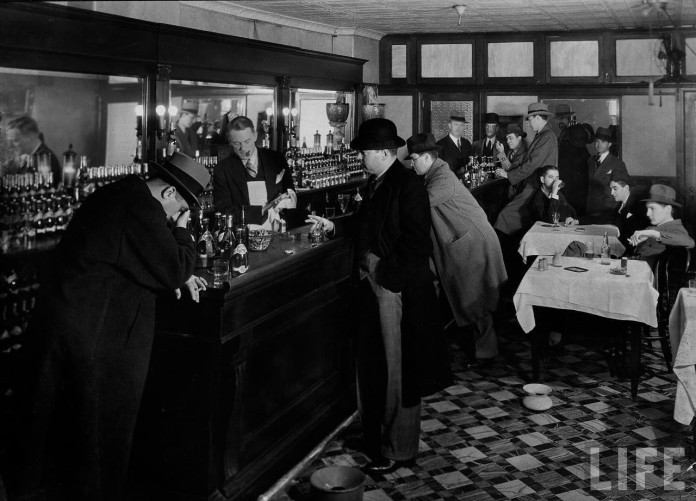
Categories:
Feels


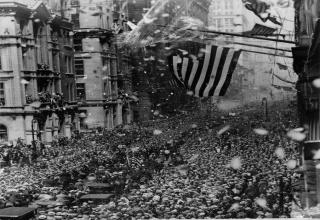
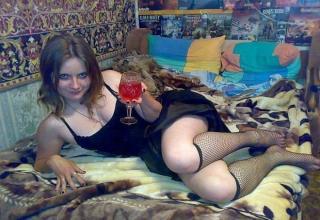



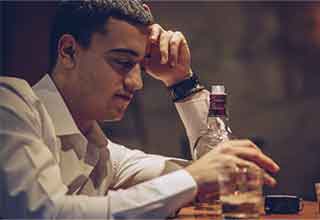


0 Comments